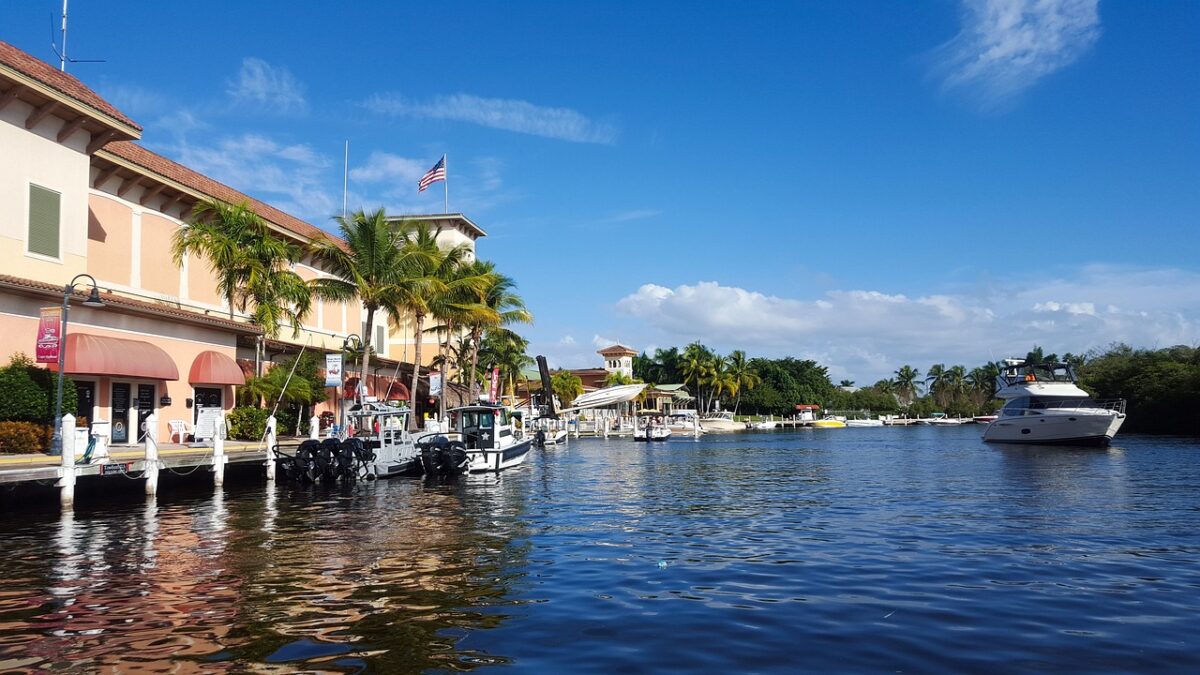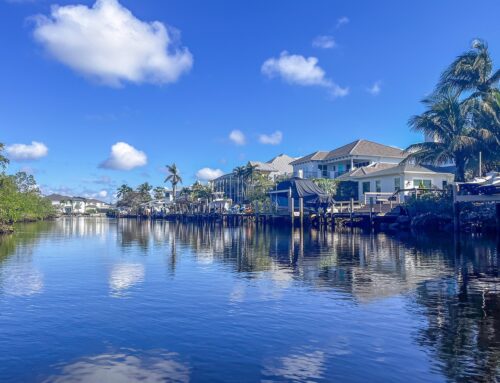As Florida’s 2025 legislative session approaches in March, several insurance-related measures are expected to dominate discussions. These bills aim to address pressing issues, such as improving housing resilience, providing financial relief for homeowners, and protecting property owners as hurricane activity in the state intensifies. Below is an overview of the proposed legislation and insurance bills that could significantly impact Florida residents and property owners.
Expanding Windstorm Coverage through Citizens Insurance
A major proposal gaining attention is House Bill 13, introduced by Florida State Representative Hillary Cassel. If enacted, this bill would mandate that the state-run Citizens Property Insurance Corporation extend windstorm coverage to all property owners across Florida, including those living in condominiums. At present, Citizens Insurance primarily offers coverage to homeowners who are unable to secure affordable policies in the private insurance market.
The proposed legislation aims to replicate California’s natural disaster insurance model by focusing solely on windstorm-related damages, leaving other types of risks to the private sector. Advocates argue this approach could lead to lower premiums by limiting the scope of covered risks. However, some critics, including Citizens’ CEO Tim Cerio, have raised concerns about the financial feasibility of this proposal, highlighting the substantial $3.2 trillion insured value that would be needed to make it viable.
This debate illustrates the challenges in finding a balance between offering accessible coverage to homeowners and maintaining fiscal responsibility for state-backed insurance programs. It remains to be seen if this bill will gain sufficient support in the upcoming legislative session.
Enhancing the My Safe Florida Home Program
Another key area of focus for the 2025 session is the My Safe Florida Home Program, which helps homeowners prepare for hurricane season. In response to growing demand for stronger housing protections in the wake of multiple active storm seasons, lawmakers are seeking to increase funding for this important initiative.
Senate Bill 7028, which has already been introduced, could see further updates to improve the program. These potential changes include prioritizing grants for homeowners who are 60 years or older and belong to low- or moderate-income households. The program currently offers up to $10,000 in matching grants for crucial upgrades, such as impact-resistant windows, roof reinforcements, and hurricane shutters. Additionally, the program now allows for inspections even for those who may not qualify for grants, expanding participation in hurricane preparedness efforts.
House Bill 881 builds on this foundation by increasing funding and removing geographic restrictions, enabling homes outside high-risk areas to qualify for assistance. Lawmakers, spearheaded by Chief Financial Officer Jimmy Patronis, are advocating for additional state funding to sustain this vital program.
One notable change for 2025 would raise the allowable property value to $700,000, in line with the rising real estate market in Florida. These adjustments could help more homeowners access the resources needed to fortify their homes against future storms.
Challenges and Opportunities with proposed Insurance Bills
Despite the potential benefits, these legislative proposals face significant challenges. House Bill 13, in particular, is under scrutiny for its fiscal implications, as lawmakers must determine how to fund the expanded windstorm coverage without overburdening Florida taxpayers or putting Citizens Insurance at risk of insolvency.
The My Safe Florida Home Program also faces logistical hurdles, such as managing demand for grants. Since funding is allocated on a first-come, first-served basis, ensuring that assistance is distributed equitably will be essential. Additionally, streamlining application processes and minimizing delays, which have plagued similar state-run programs in the past, will be crucial to maximizing the program’s effectiveness.
These issues are compounded by broader challenges in Florida’s insurance market, including rising premiums, policy non-renewals, and reduced competition among private insurers. Any legislative effort to address these concerns will need to balance immediate homeowner relief with long-term sustainability.
Insurance Bills Designed to Protect Florida’s Future
The insurance bills in Florida’s 2025 legislative session represent a commitment to tackling some of the state’s most pressing challenges – reflecting a clear focus on protecting Florida’s most vulnerable residents and ensuring the state is better prepared for future natural disasters.
If you have any questions regarding how these changes may affect your insurance coverage, call Anderson & Associates Insurance Group today. We are located in Palmetto, and we are here to help.










